Mozambique: Medical equipment in hospitals bolstered
Nampula province is a “recruitment reservoir” for armed groups – researcher
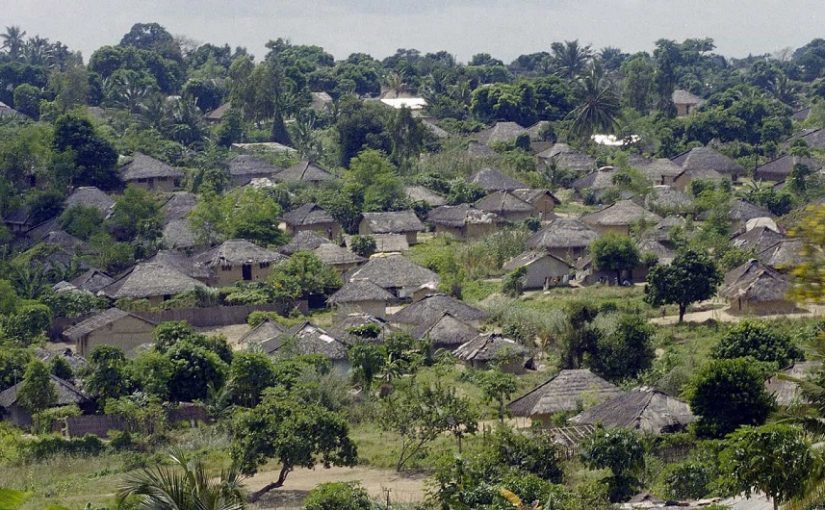
File photo: Lusa
Mozambican researcher Salvador Forquilha this Tuesday said that Nampula province in northern Mozambique is a “recruitment reservoir” for armed groups operating in Cabo Delgado, noting that the two provinces have “similar dynamics”.
Forquilha made the claim in the course of a webinar on the topic “Can Nampula help us think about the conflict in Cabo Delgado?” promoted by the Institute of Social and Economic Studies (IESE) of Mozambique, an independent academic research entity.
“The Cabo Delgado insurgency uses Nampula as a reservoir for recruiting [members],” the IESE director, who is involved in research work on armed violence in Cabo Delgado, said.
The fact that Nampula is next door to Cabo Delgado province, the presence of various forms of Islam and extreme poverty in both provinces may help explain the recruitment.
“Young fishermen from coastal districts of Nampula, living in poverty and in conflict with the State, see prospects in migrating to Cabo Delgado, where they end up joining the insurgency,” Forquilha explained.
As to why armed violence had not broken out in Nampula, despite the fact that the province is home to most of Mozambique’s Muslims, Forquilha said the phenomenon had not yet been sufficiently studied.
Lorenzo Macagno, associate professor in the Department of Anthropology at the University of Paraná, Brazil, argued that the action of armed groups in Cabo Delgado could be understood as an expression of ‘jihadist’ tensions that have been marking Islam in Mozambique for several decades.
“I found Islam in the province of Nampula to be hospitable and peaceful, but I know that it has also been marked by internal tensions and that now they are experiencing a ‘jihadist’ extrapolation in Cabo Delgado,” Macagno said.
Macagno, who has conducted fieldwork on Islam in Nampula province, argued that the groups operating in Cabo Delgado advocate the return to an utopia of exemplary and anti-secular Islam.
“[The armed groups] present themselves as messianic and with an agenda for the salvation of an Islam, which combats Muslims deemed apostates, who collaborate with the secular state,” he elaborated.
For Macagno, poverty, state repression and the presence of foreign capital in natural gas projects in Cabo Delgado are not enough to explain the armed insurrection in the province, because those factors are present in other parts of Africa and the world, where there are no “’jihadist’ ventures”.
Macagno suggested that Mozambicans should not see Islam as a factor of conflict, but as a historical heritage to preserve, recalling that the Islamic faith precedes the Catholicism brought by Portuguese colonisers to the territory that is currently Mozambique.
For his part, Eric Morier Genoud, a researcher and professor at Queen’s University, Northern Ireland, warned of the risk of demonising Islam by virtue of the understanding that any deviation from “habitual /usual Islam” is violent.
“There isn’t one single form of fundamentalism; there are several fundamentalisms, and not all are violent and not all translate into ‘jihadism’,” said Genoud, who has conducted several studies on Mozambique.
The understanding of a possible influence of Islam in the violence in Cabo Delgado involves understanding the dynamics of this religion outside Islamic institutions, namely the development of sects, he said.
Since October 2017, Cabo Delgado has been the scene of actions by armed groups which, according to the United Nations, have forced 250,000 people to flee from districts affected by the violence in the north of the province.
The provincial capital, Pemba, has been the main refuge for people seeking shelter and safety in Cabo Delgado, but some have fled to other places, including the neighbouring provinces of Niassa and Nampula .
The armed conflict in Cabo Delgado has already killed at least 1,000 people, some of the actions of the armed groups having been claimed by the ‘jihadist’ Islamic State (IS) group.
You may watch the full IESE Webinar ‘May Nampula help think the conflict in Cabo Delgado’ below:



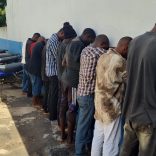
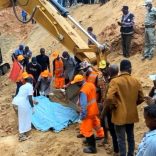





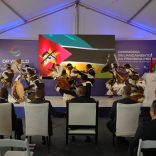
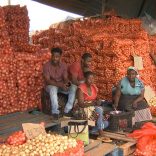
Leave a Reply
Be the First to Comment!
You must be logged in to post a comment.
You must be logged in to post a comment.